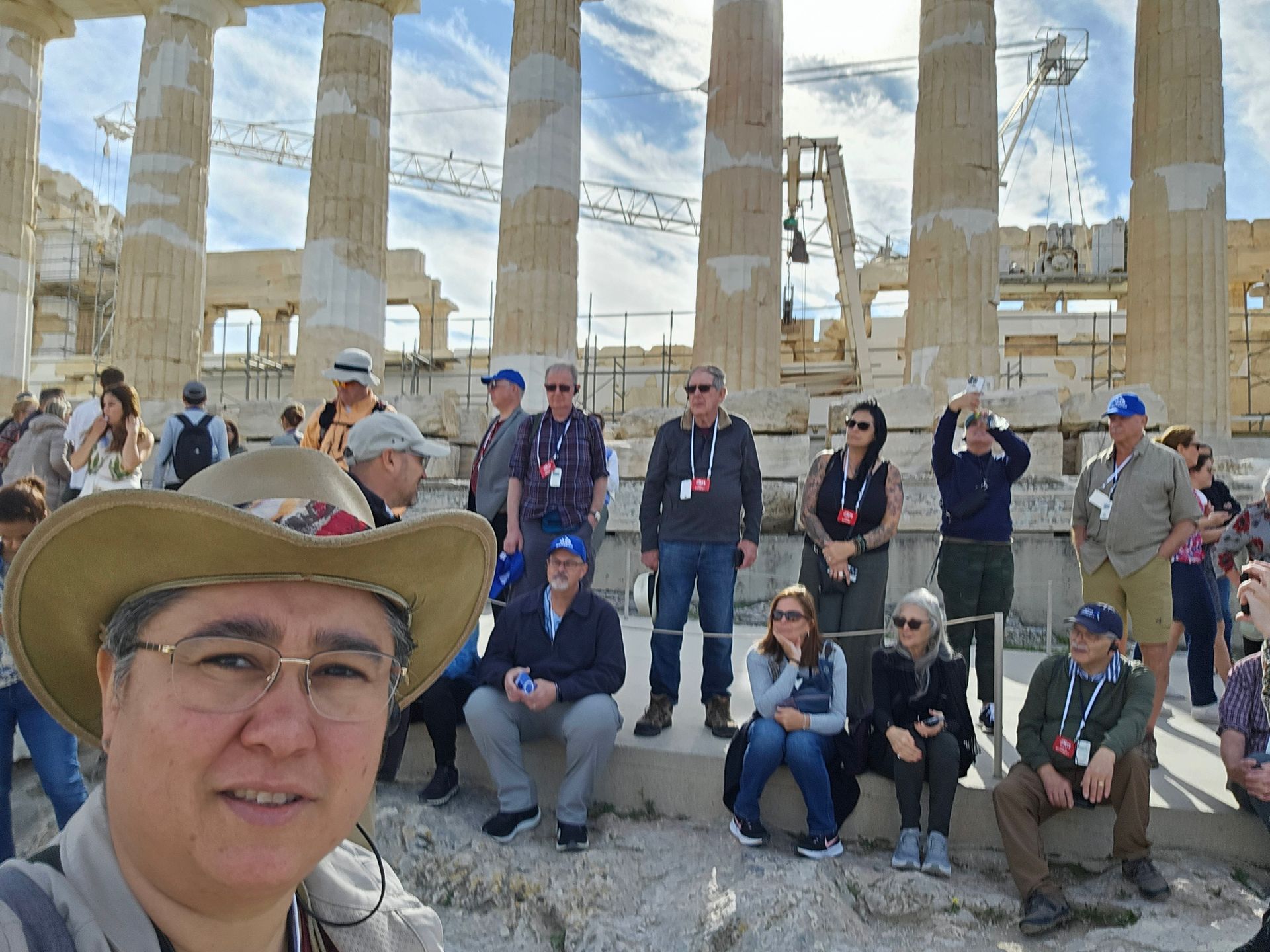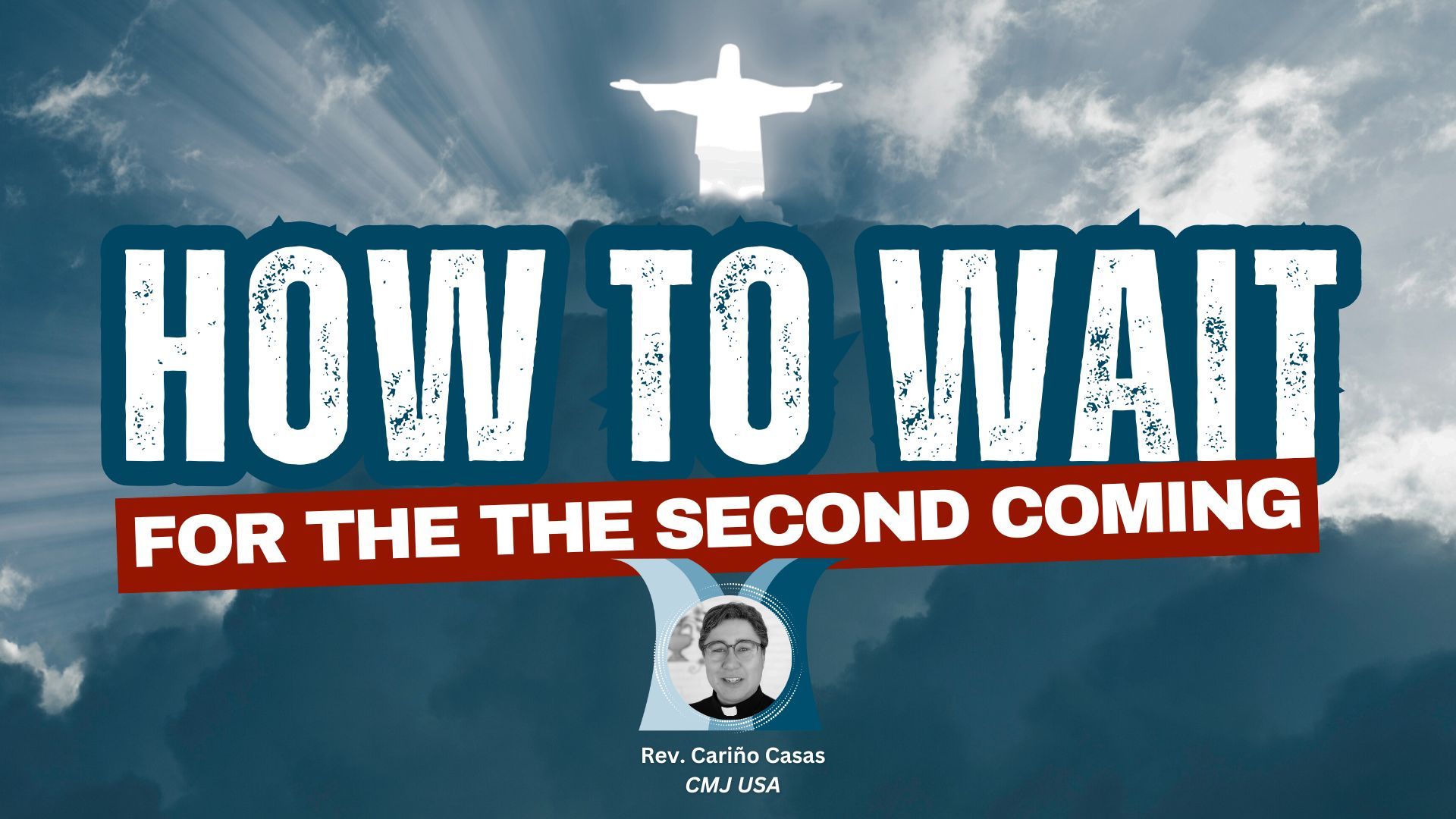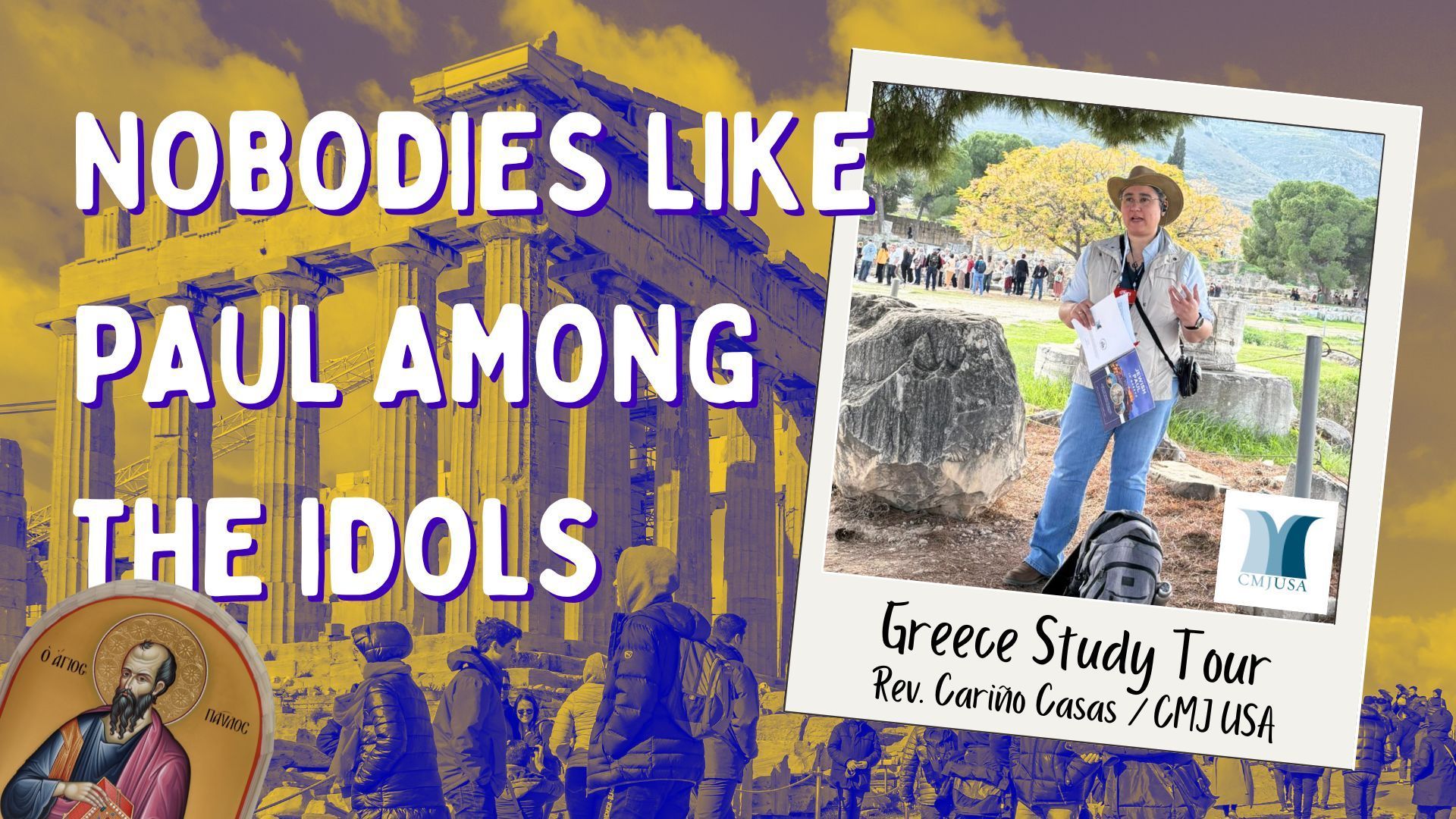The Isaiah 19 Highway on fire
God's redemption, reconciliation often comes out of judgment
An interview with Michael Kerem, a CMJ ministry partner who runs Derech Avraham, a relational network of Middle Eastern nationals and internationals working in various spheres of ministry with a Kingdom vision of the Middle East that is best outlined in Isaiah’s vision of a highway in Isaiah 19.
The idea for the ministry began in 2012 when the rector of Christ Church, David Pileggi, observed that the world's myopic vision of the Middle East was affecting the church. Instead of becoming obsessed with the problems of the Arab-Israel conflict, the church needed to have a bigger perspective of all that God was doing in the Middle East.
There was no better place to host such a ministry than CMJ, which historically had mission stations across the Middle East. With the help of a friend in Beirut, Michael and David have been running the network for over ten years, hosting practical initiatives, while holding prayer and fellowship gatherings every other year at Christ Church Jerusalem.
CMJ: Thanks for taking the time to speak with me. A lot of what’s been happening this year is destruction, chaos, and death—there’s just so much bad news. CMJ has spent years talking about reconciliation, and I’m wondering how this current situation fits into that vision. What does this vision look like when the Isaiah 19 highway is being traveled by F-35s instead of disciples? How can we pray into this moment?
Michael Kerem: That’s a good question. First of all, most of the redemptive promises we see in the Bible actually come out of judgment. They don’t usually come from peaceful times. In the natural, it feels like we’re further away from seeing the fulfillment of Isaiah 19 or Jeremiah 49, or any of those prophecies, but it’s actually during difficult times that a
breakthrough happens.
If you look back at history, after the Yom Kippur War in 1973, for example, that’s when we saw a wave of Israeli believers coming to faith! There was an outpouring of the Holy Spirit during that time. So, while we think it’s the kindness of God that leads people to repentance—and it is—that kindness often comes through judgment. It’s a challenging concept, but history supports it.
CMJ: That’s interesting. Is this conflict affecting the Church in the Muslim world in a similar way?
Kerem: Absolutely. Every time we see a rise in Islamic extremism or jihadism, we also see a corresponding exodus from Islam. People become disillusioned with their faith, and it opens the door for them to start seeking something more. It’s often the first step in their journey towards faith in God. I’ve noticed this pattern for the last 30 years—whenever there’s a wave of radical jihadism, it damages the faith of many Muslims, and they become more open to exploring other options. They start searching for a God who is different from the one they thought they knew.
CMJ: That makes sense. So, in terms of reconciliation, how are believers communicating during these times? Is there more connection happening, even across enemy lines?
Kerem: Yes, and that’s been one of the most remarkable things. This is the age of the internet, and it allows for communication even in the middle of conflict. I’ve seen believers from the Arab world sending messages saying, “Don’t stop until the job is finished.” They don’t want the terrorist elements in their countries either.
I’ve also received a lot of messages from believers in Lebanon. It’s incredible. Despite the trauma their kids are experiencing, they’re seeing massive openness among both Sunnis and Shiites. This has been an opportunity for the Christian community in Lebanon to reach out to the Shiite population, especially as they flee into Christian areas. But it’s complicated—there’s a lot of suspicion because of past conflicts, but there’s also desperation.
CMJ: So, even in the middle of destruction, there’s still room for connection and outreach.
Kerem: Exactly. One of our partners in Lebanon, for example, is working daily to distribute food to these displaced people, many of whom have lost everything. At the same time—and the reality is harsh—Israel has to defend itself, and sometimes that means firing into areas where terrorist groups are hiding among civilians. It’s hard for Westerners to understand how someone can shoot rockets from their garage and then hide the launcher, but that’s the reality on the ground.
CMJ: It sounds like a really difficult balancing act, especially for believers caught in the middle.
Kerem: It is. I had someone once say to me, “The Isaiah 19 highway is on fire right now.” And while that’s true in a sense, it’s also the context in which God’s promises are fulfilled. You could say, the highway is often forged by fire. We can’t afford to be discouraged by what we see on the news. This is the time to pray more, to step out more, to love more— even our enemies. That’s what we’re called to do as believers.
CMJ: That’s a powerful message, but it’s not easy. As a Jewish believer, how does that play into your experience in this region? Especially now, when it feels like everything is focused on protecting Israel?
Kerem: It’s not easy. The Messianic community, understandably, has become very focused on Israel and the immediate threats we face. But as believers, we have to maintain a regional perspective. We can’t just focus on our nation—we have to care about the entire region because God’s promises involve more than just Israel. They encompass all the surrounding nations. When we pray for our enemies, it changes our perspective. We stop seeing them just as enemies and start seeing them as people—people who are loved by God, just like we are. That shift is crucial, especially in times like these.
When you pray for your enemies, a few things happen. First, you start to see them from God’s perspective, as people He loves.
Second, you just might find yourself becoming part of the answer to your own prayers. Sometimes, praying for your enemies leads you to cross boundaries—cultural, relational, or even geographical—to reach out in love.
But it’s not easy. It often exposes attitudes in your own community. When a Jewish believer (serving as chaplain at the English Hospital in Nazareth) said that we should pray for everyone in Gaza, it stirred up lots of emotion. People don’t naturally want to pray for their enemies. But that’s what makes the gospel so powerful—it calls us to do what is not natural. To love in this way is supernatural.
The thumbnail/banner image is an AI-generated illustration.
Blessed by this post? Ready to sow into the work of CMJ? No gift is too small. we are blessed by your partnership.



